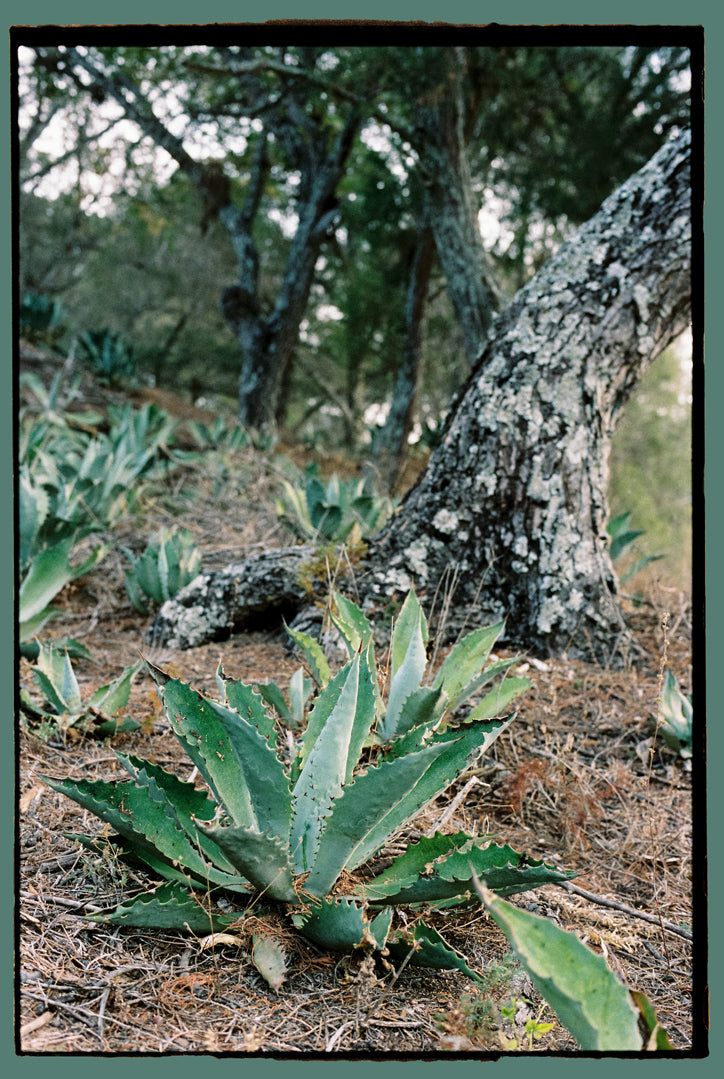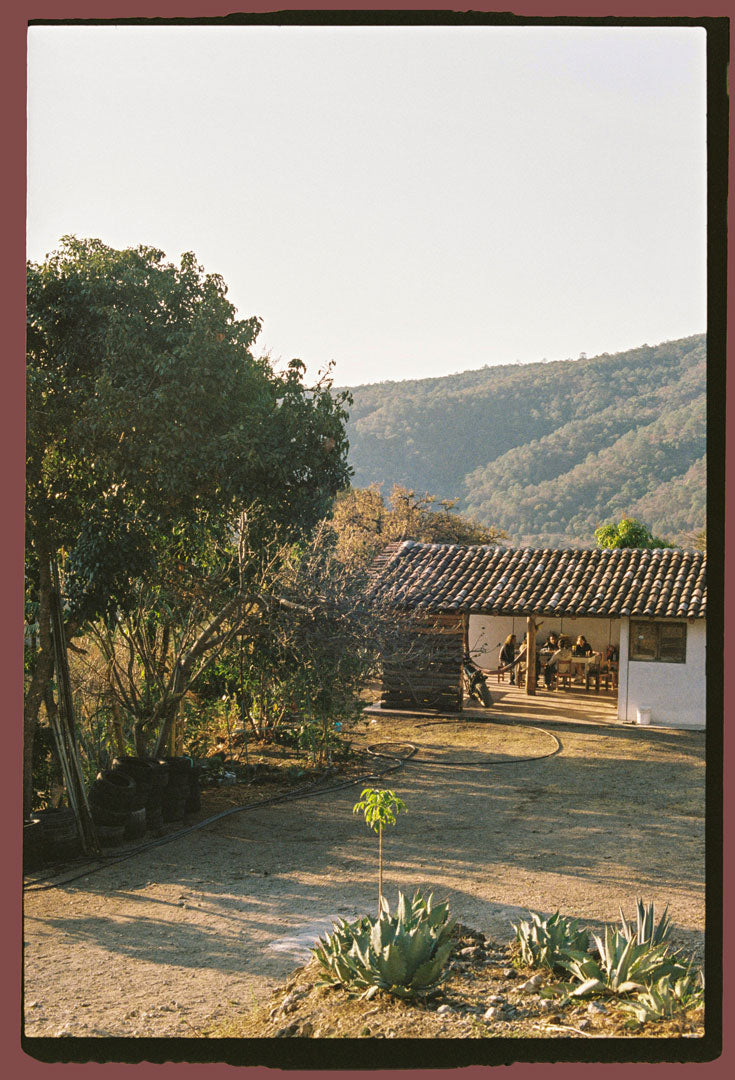SHOP ORGANIC MEZCAL
Made by hand in the mountains of Oaxaca - we only produce artisanal and organic Mezcal
-
Batch No.1 (700ml)
Regular price CHF 134.00Regular priceUnit price per -
 Sold out
Sold outBatch No.1 (250ml)
Regular price CHF 69.00Regular priceUnit price per
WHO IS YAHA-YAHUI?
Yaha-Yahui was a mystical and powerful figure in the Mixtec civilization. He served as both a chief ruler and high priest, possessing supernatural traits. He was deeply respected for his ability to transform into any desired living being or natural phenomenon. All over Mexico this figure is known as a Nahual, a shapeshifter.
We incorporate this mysticism into our Mezcal which has the reputation of transforming the lives of those who consume it. As the famous Mexican saying goes, “Mezcal doesn’t create, nor destroy; it only transforms.”

OUR PHILOSOPHY - OUR MEZCAL
We make organic Mezcal because we believe that our business must be in harmony with nature, preserving the land we have. Our Mezcal is 100% natural and always will be.

OUR MISSION
Yaha-Yahui - Organic Mezcal was created to bring the essence of Mezcal and Mexican culture to Europe and, at the same time, preserve the century-old traditions associated with this incredible spirit and the environment on a local level.
We devote all our effort to creating a truly unique, flavorful, and organic product. It is crafted by hand with the utmost respect for the land and traditions while also caring for the community of Santa Maria Sola de Vega, a small village in the mountains of Oaxaca, Mexico.









